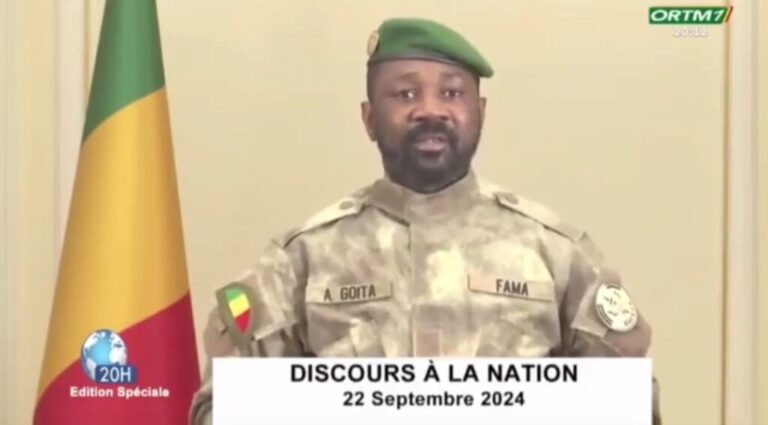The pardon aims to alleviate overcrowding in Malian prisons while promoting the rehabilitation and social reintegration of prisoners. Mali’s penitentiary system has been struggling with structural issues, including poor conditions and overcrowding, leading to violations of prisoners’ fundamental rights.
The CNDH, Mali’s National Human Rights Commission, has repeatedly warned of these issues, highlighting concerns about lack of medical care, physical abuse, and non-compliance with minimum human dignity standards. The CNDH president emphasized the need for structural reforms to address these problems.
Presidential pardons not only alleviate prison congestion but also serve as a humanitarian gesture. However, they are not granted indiscriminately. Only prisoners who have demonstrated good behavior and genuine improvement while in detention are eligible. Those involved in serious crimes, such as terrorism or money laundering, are excluded from the pardon.
The Malian Ministry of Justice, in collaboration with the presidency, carefully reviewed over 500 cases before selecting 390 prisoners for the pardon, ensuring that public security is not compromised.
Minister of Justice and Human Rights Mahamadou Kassogue emphasized the importance of maintaining a balance between the rights of victims and the clemency measures granted to prisoners. Some observers believe that this gesture, in addition to easing prison overcrowding, can contribute to strengthening national reconciliation in Mali.
MD/Sf/ac/fss/abj/APA


